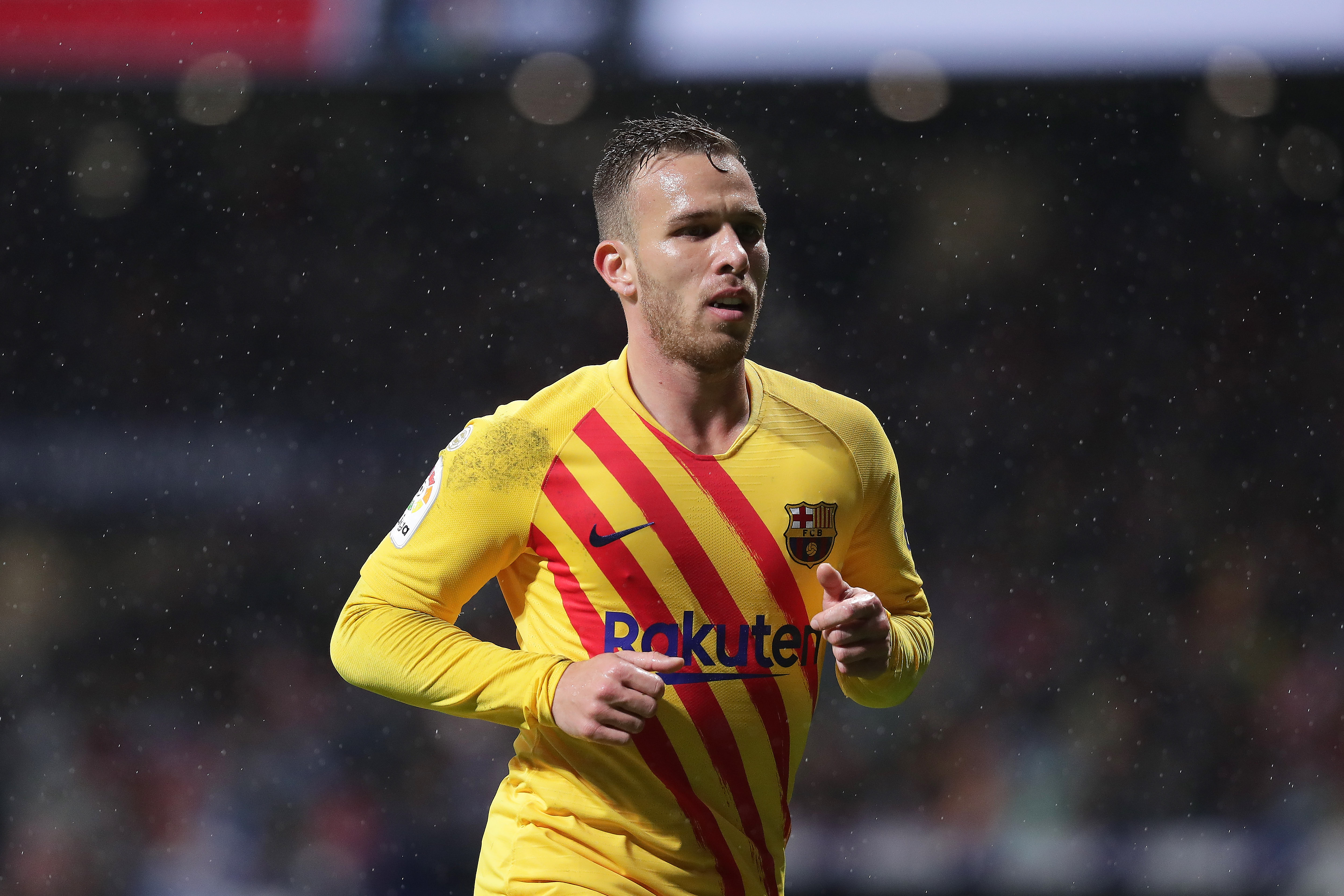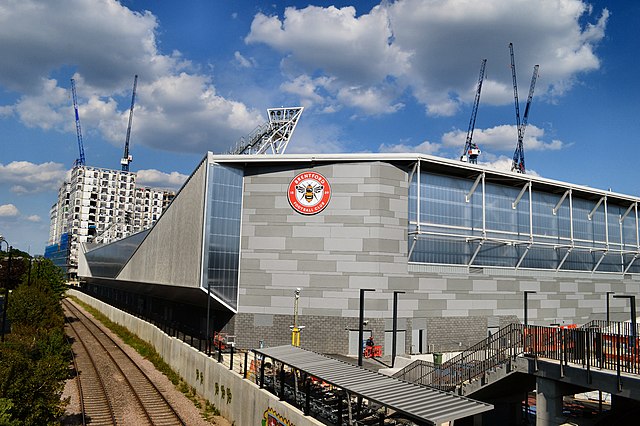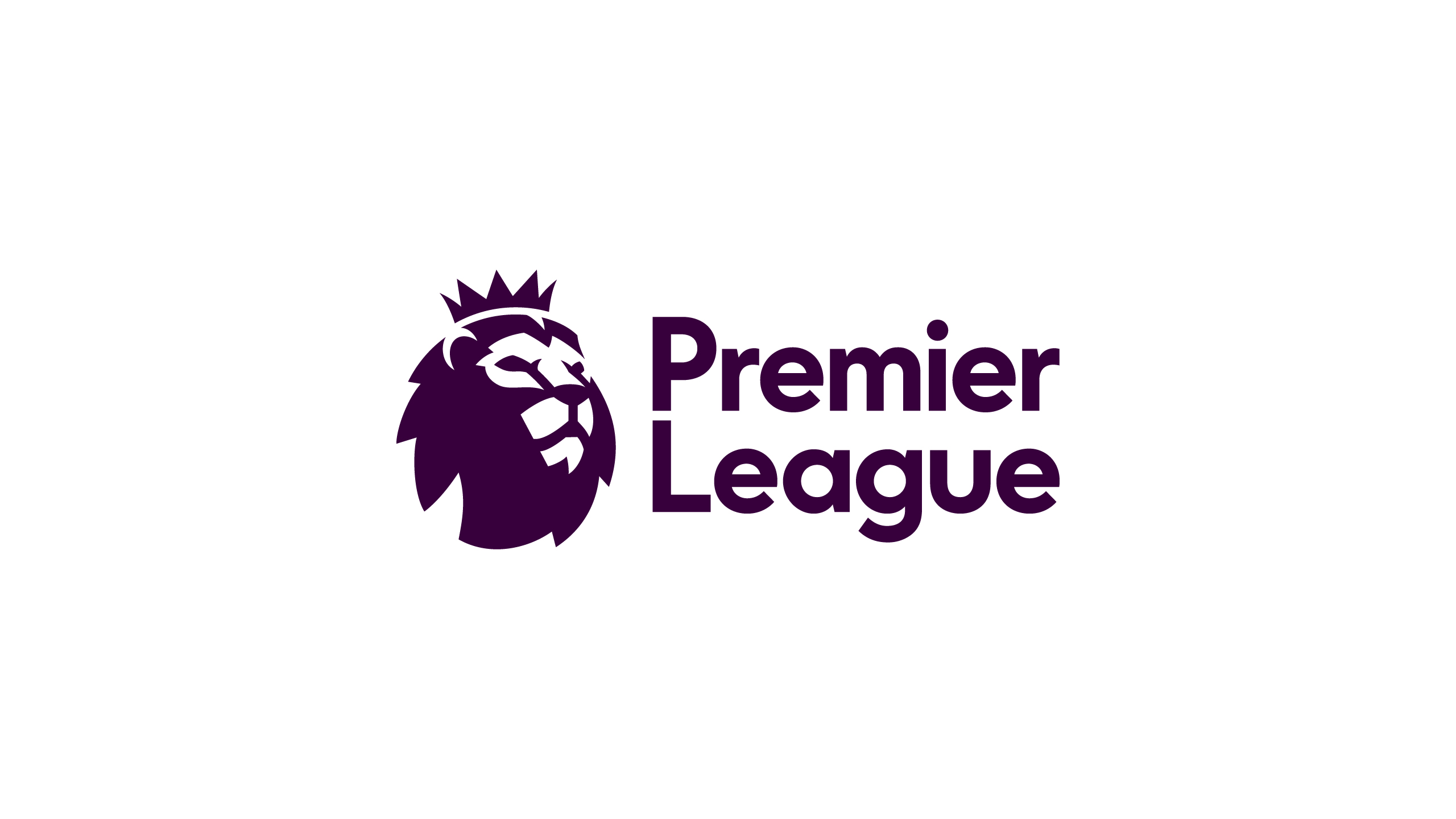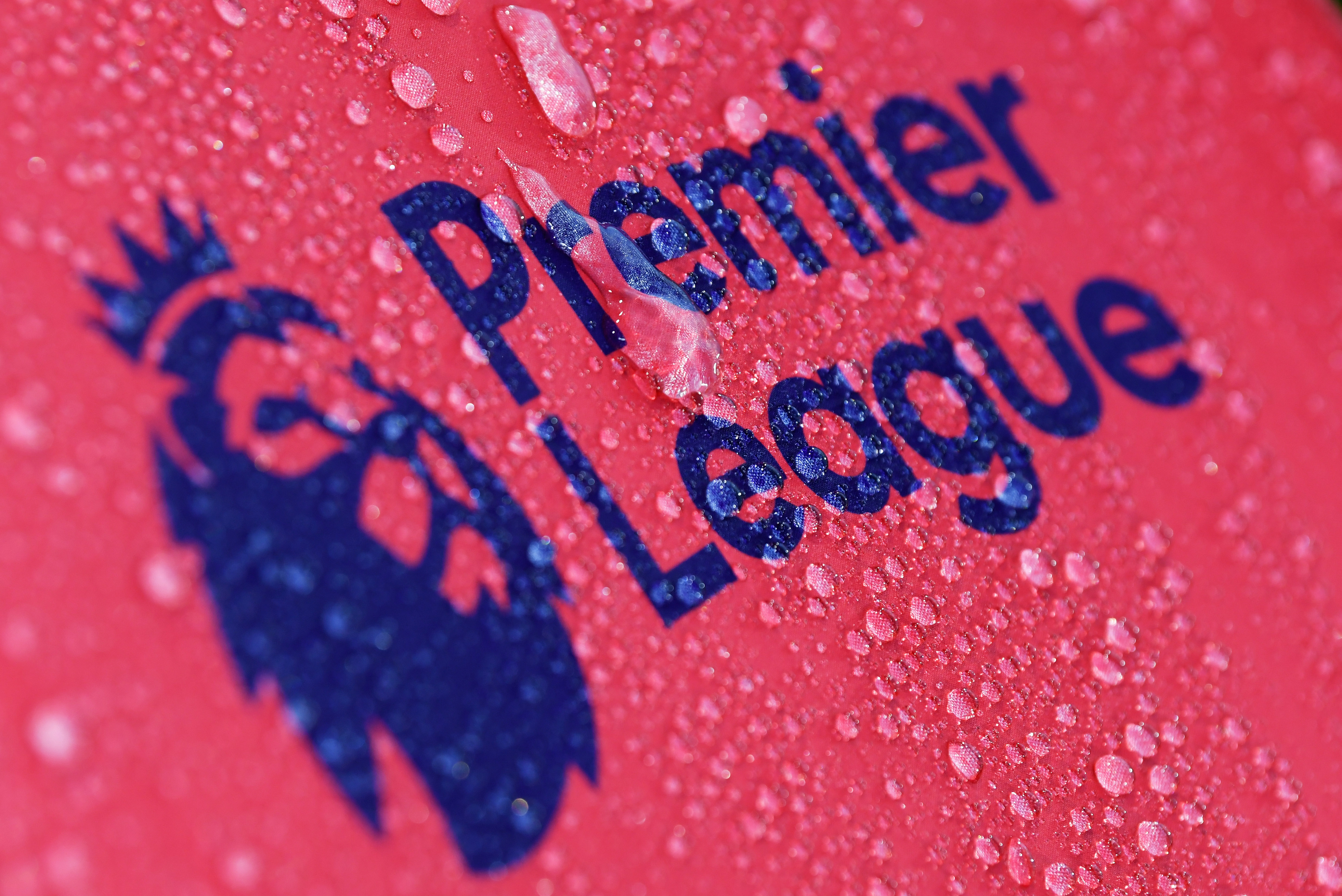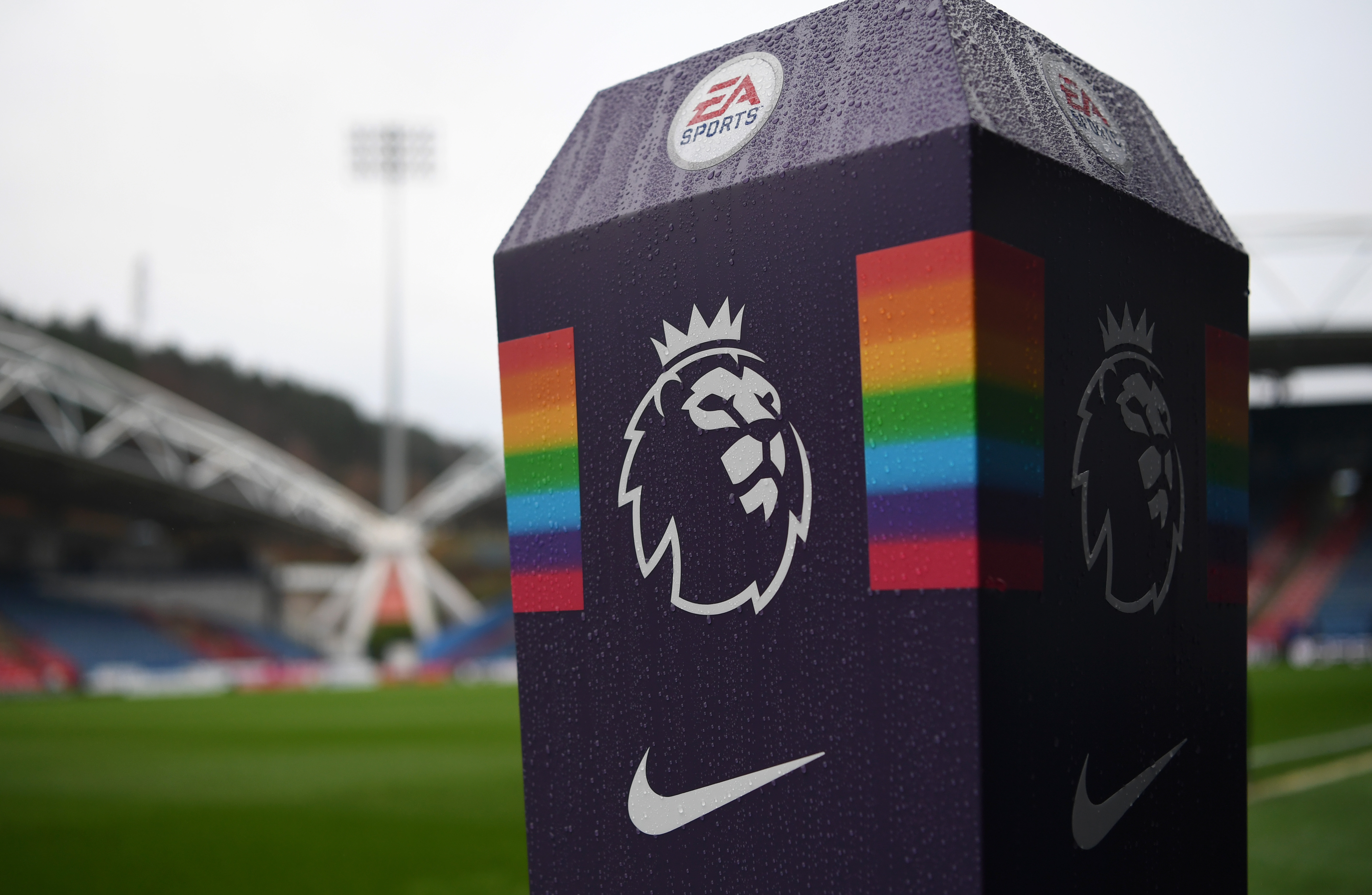Not too long ago, a certain Arthur Melo sat in the backseat of one of Barcelona’s sponsored Audi cars, ready for his first interview as he arrived in Antoni Gaudi city. After a series of questions about his life, family and interests, the Brazilian was posed with the final one, where he was asked about his biggest wish.
With a sparkle in his eye and hope in his heart, Arthur, who was clearly overwhelmed, pointed at the Barcelona crest on his polo, and said, “It’s come true.” It was the start of something special; at least it could have been.
Arthur was courted by several European clubs when he made the switch from Gremio to Barcelona and was an immediate hit with the fanbase because of his striking resemblance to Xavi. Sure, those were some massive boots to fill for a 21-year-old, but it seemed like a step in the right direction for the club.
His style aligned with how Barcelona have known to play football for the past decade or so and he certainly impressed captain Lionel Messi, who spoke highly about the Brazilian, paving the way for further acceptance from Cules.
“They are very good, those that have come in, in particular Arthur has surprised me as I didn’t really know him,” Messi said, “All those that have arrived are very good, but Arthur surprised me. He is very reliable and very safe. He is very similar to Xavi as he likes to have the ball, play short, not lose it and is very solid. He surprised me but I like them all,” the Argentine added.
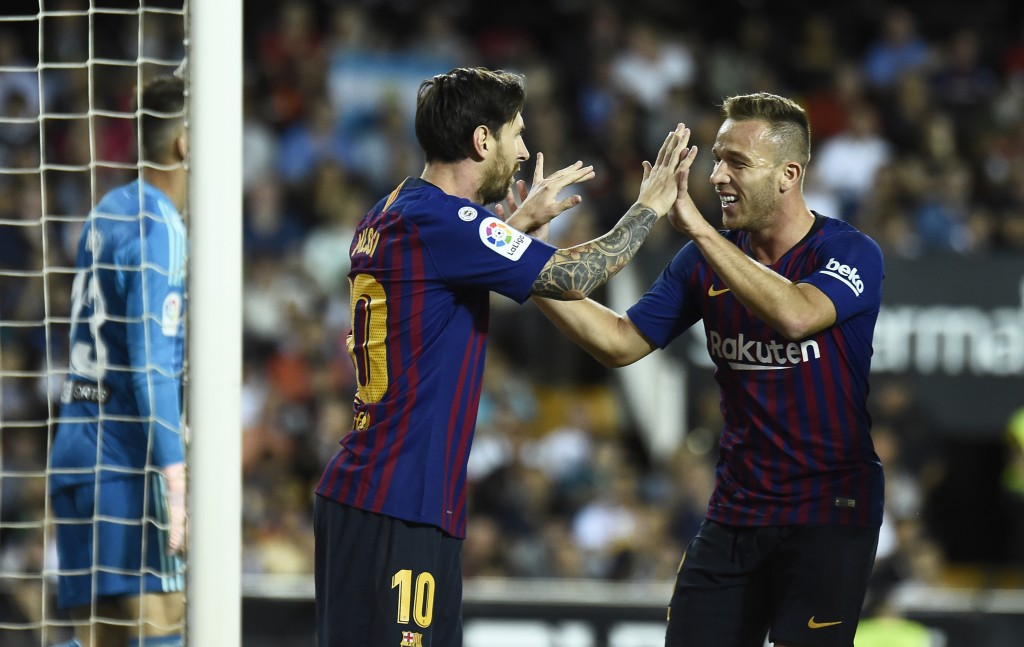
The two years that Arthur spent at the club were nothing short of a roller-coaster, which includes a lost Copa del Rey final, a La Liga trophy, a bottled UEFA Champions League semi-final and much more. Things reached a head in recent months, as he has struggled to find a spot in the side, especially after Quique Setien took charge in January. This despite being told early in the year that he was a key part of Barcelona’s future plans and a renewal was reportedly being set up for him.
As the months kept rolling by, his exclusion from starting lineups started to agitate the fanbase, even though the Brazilian was regularly facing injury issues. He had, however, put on record his desire to get back on the pitch and had even hired a personal physio who would help improve his fitness.
Eventually, Arthur and his group were faced with what they and the Barcelona fans had been dreading. Midway through May, Arthur was linked with a move out of the club by several Spanish websites, including Mundo Deportivo and Sport. At the same time, Miralem Pjanic was rumoured as a Barcelona target in a deal which would include Nelson Semedo and Mattia De Sciglio.
This rumour reeked of stirred up media applesauce and was brushed off by Barcelona fans, as Manchester United fans do with rumours of Cristiano Ronaldo’s return year after year. The clock ticked to June and the situation started to escalate. Arthur was supposedly a nod away from moving to Juventus in a shady deal that would bring Pjanic to Camp Nou.
Arthur explicitly stated in multiple interviews that he had no intention to move, but reports suggested that he was being forced out. Eventually, it got Fabrizio Romano’s certified, ‘Here We Go’, and before Barcelona fans could even start to pray for Romano to be wrong for the first time, both deals were announced.
LATEST NEWS | Agreement with @juventusfcen for the transfer of @arthurhromelo
— FC Barcelona (@FCBarcelona) June 29, 2020
Barcelona have traded out a 23-year-old for a player on the wrong side of 30 and possibly past his peak; this deal did not make sense. Till it started to…
An elaborate hoax in an attempt to balance the books
It is no surprise that Barcelona are in deep financial troubles, thanks to three €100 million+ signings in three years as well as the impact of the coronavirus pandemic, in addition to Lionel Messi’s never-ending contract renewals, an incredibly uneven wage structure and a stadium renovation scheduled to be completed by 2023. They have also been chased down by FIFA for violating Financial Fair Play regulations since Neymar completed his move to the Catalan capital.
Here’s the catch, though. Juventus, too, have been warned about breaching FFP guidelines because of their payroll to revenue ratio, currently at 71%. And selling Miralem Pjanic for €70 million while snapping up Arthur for €80 million is their way of getting around FFP. It may sound like Barcelona are making a shrill €10 million profit, which would do nothing to help them. After all, they could have just sold their third-choice goalkeeper; why push out a player who could become one of the best, if not the very best in his position?
This works because in essence, when a club (X) buys a player from another club (Y), they have to pay the agreed fee over a few years, but any profit made by Y is instantly recorded by FIFA and the club. At this point, we also have to understand that a player’s value falls each year in the accounts depending on their initial contract length.
Barcelona bought Arthur in 2018 for €30 million on a six-year-deal, which places his amortisation at an annual €5 million. Simply put, after two years the Brazilian is valued at €20 million on paper. A sale of €80 million translates into a €60 million profit for Josep Maria Bartemou & co.
Similarly, for Pjanic, taking his initial deal and then a contract extension in 2018, Juventus have been able to record a profit of €57 million, which helps both teams reach a state of equilibrium to show to FIFA. You can read about this and the Arthur deal in detail in the following thread.
Reports that #FCBarcelona are selling 23-year-old Brazilian midfielder Arthur to #Juventus for €80m, while 30-year-old Bosnian playmaker Miralem Pjanic will move the other way for €70m, have left supporters of both clubs somewhat perplexed.
— Swiss Ramble (@SwissRamble) June 25, 2020
This deal may be one the Bosnian wants and has hoped for several years, but it makes Arthur yet another victim of one of Barcelona’s anserine, sketchy deals.
A self-seeking strategy by a saboteur
Back in 2014/15, Luis Enrique boasted of a very balanced squad thanks to the transfers of Ivan Rakitic, Luis Suarez and Marc-Andre ter Stegen among others. But, post that season, Barcelona’s transfer strategy visibly deteriorated. There are several problems with it. The issue, though, primarily lies in attempting to buy players who could succeed their golden generation individually instead of building a new cohesive unit.
Apart from this, Barcelona’s transfer blueprint can be squared down to Josep Bartomeu and his mercenary board of directors. They pursue big-money signings as improvisation to hype up the fans, even though such players add nothing substantial to the team. Most of this comes at the expense of what was once the club’s pride and soul – La Masia.
Talented, big-money signings demand more game-time, which sabotages the chances of young players who could add something different to the team and are eventually forced to leave the club, in the look-out for more minutes on the pitch.
The Barcelona coaches also seem to be afraid to bench experienced players, even if they are clearly declining. Carles Alena serves as the most recent victim in this scenario. The youngster could have easily been one of the key figures this season, adding creativity in the final third, but Ivan Rakitic, Sergio Busquets and Arturo Vidal were favoured over him.
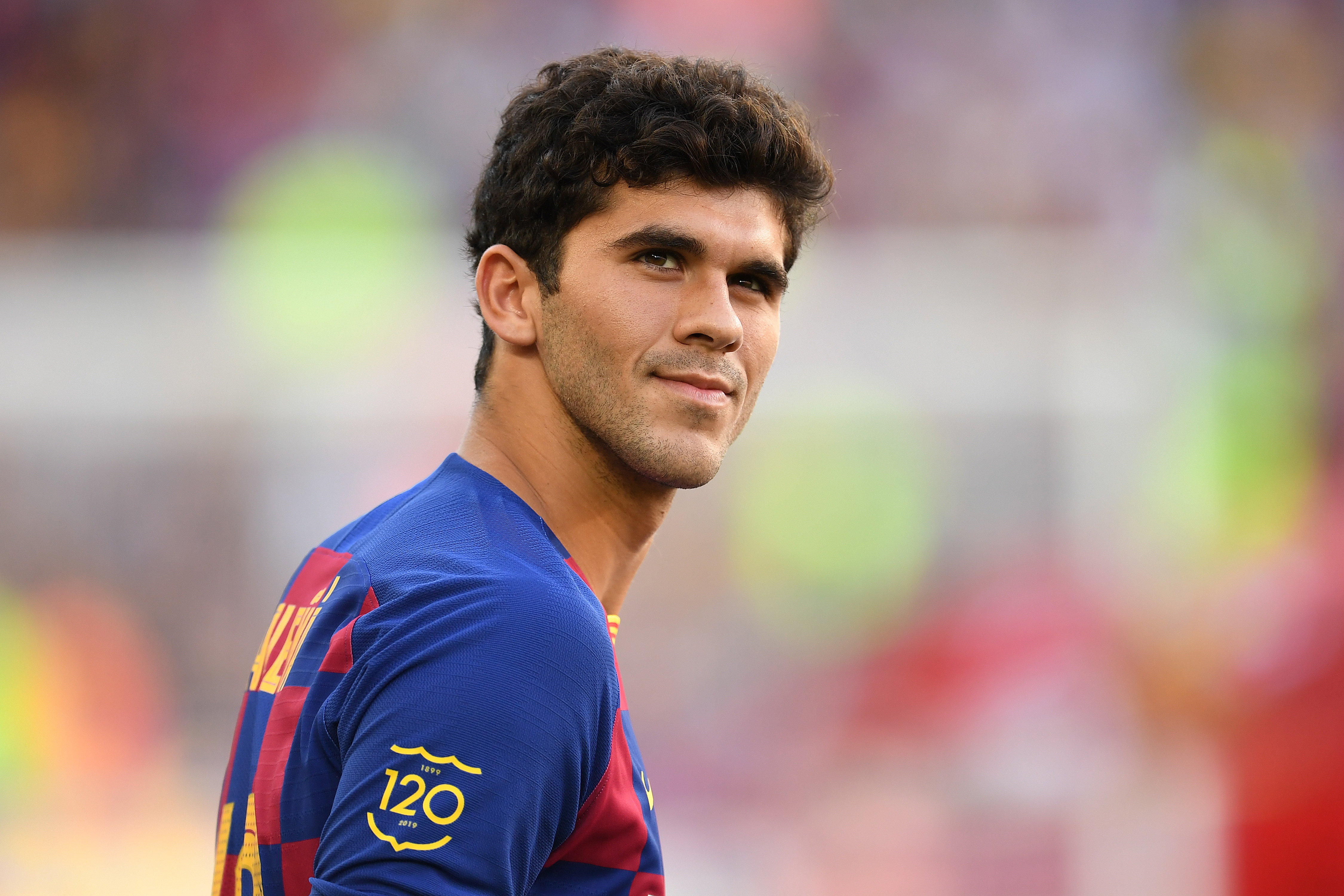
Their idea is to bring short-term gratification through big-money transfers that do not necessarily solve problems of the team; for example: Philippe Coutinho. A transfer that should never have been, primarily because Coutinho’s most favoured and effective position was already taken up in the team by none other than Lionel Messi.
Barcelona have also made transfers with the sole intention of incapacitating one of their rivals and to bring a ‘big name’ to the club even though his place simply would not exist in the team unless you make changes to the entire structure and ideology of the side. Case in point: Antoine Griezmann.
Barcelona has also harnessed in players just to impose superiority over a club and prove a point, even though they had no idea about the coach’s intention to play him, subsequently adding a major dent on the player’s resume. We’re talking about Malcom, of course.
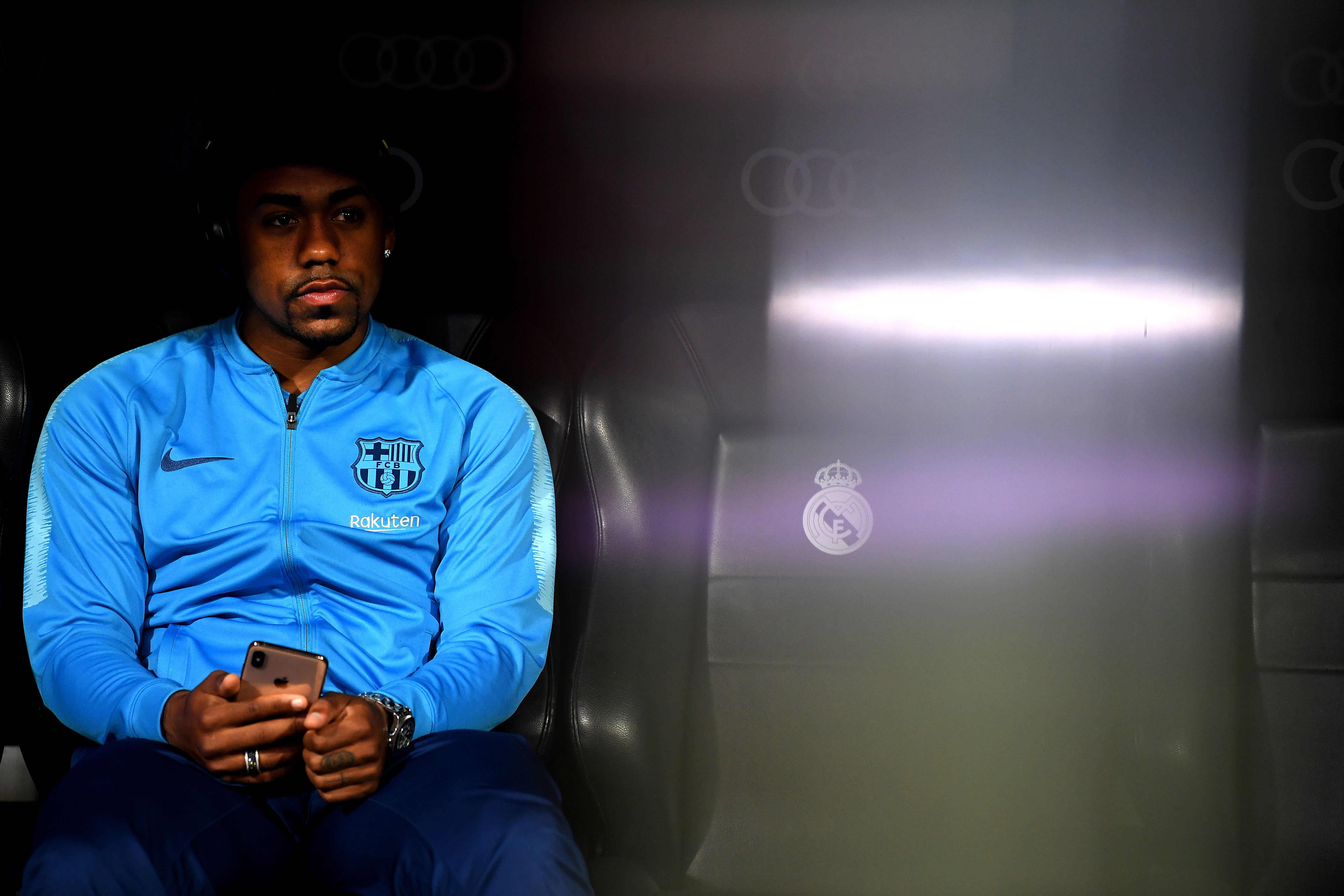
Not to forget, the bizarre transfers of Kevin-Prince Boateng and Paulinho, one of which was termed as ‘one of the most random signings of recent times’. The latter did have a good season at the club under Ernesto Valverde, contributing with 9 goals on course of to a domestic double. But, after Paulinho was sold after a solitary season and reports alleged money laundering, Bartomeu claimed that this deal was done “purely for footballing reasons”.
Finally we have the likes of Arthur, Marc Cucurella and Jean-Clair Todibo among countless others as players who had no desire to leave but were pushed out for various reasons even though they could have been part of the Barcelona dynamic for years to come.
Are we missing a silver lining here?
Juventus bought Miralem Pjanic in 2016 from AS Roma for no more than €35 million. The Bosnian was at the peak of his powers at the time and was labelled as one of the best central midfielders in the world. He could strike a dead ball from 40 yards out or pick out his teammate in open play from the same distance.
Moreover, Pjanic boasted of incredible versatility. He could play as an attacking midfielder and provide that killer through ball in the final third, or you could deploy him in the centre of the park as a deep-lying-playmaker, as he could ping passes over defences, disrupting the organisation of the opposition. And despite his 5’11” sturdy build, Pjanic could dribble past lines of press. All this while being a strong defensive pillar.
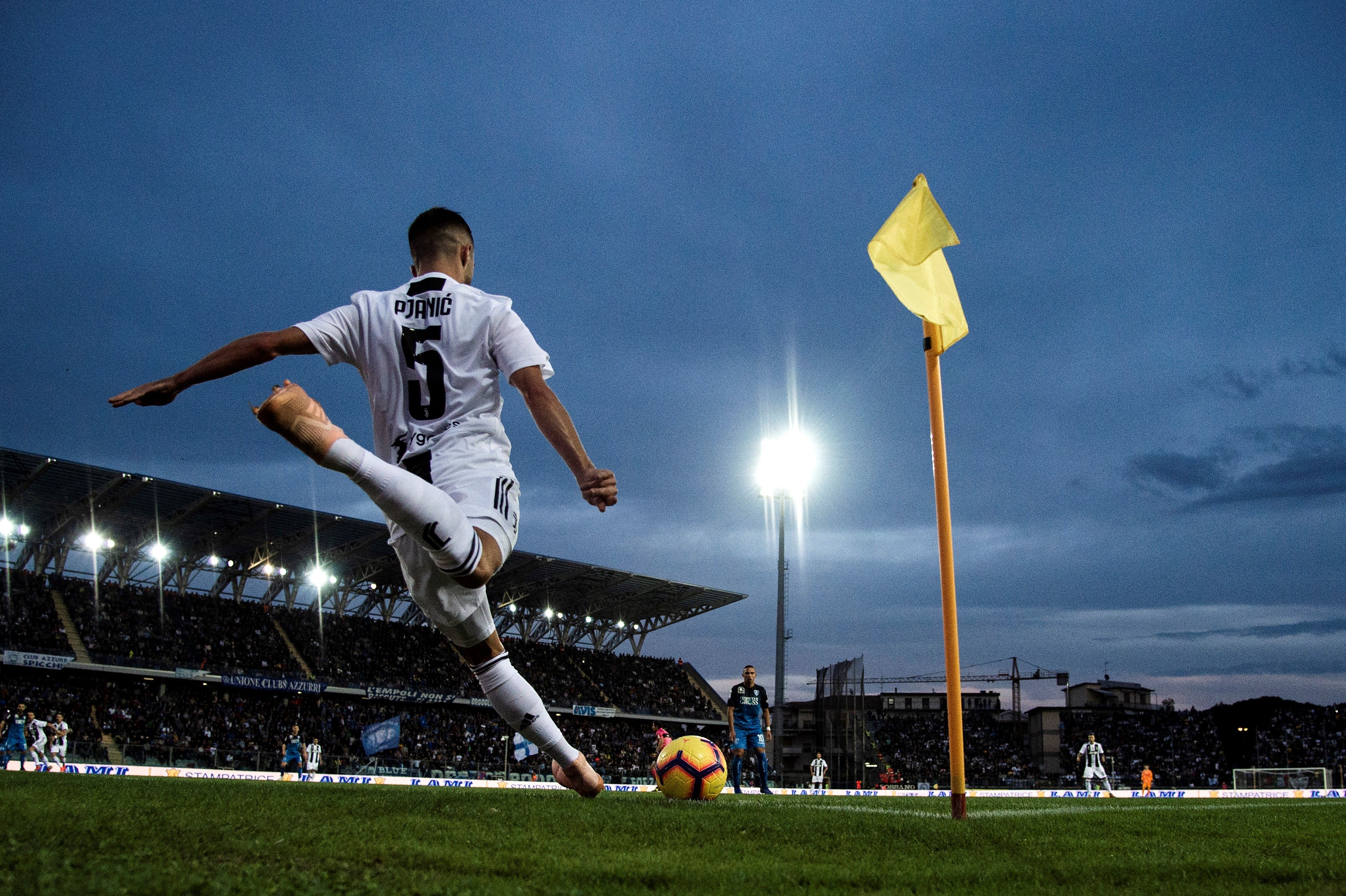
As age has caught up to him, however, Pjanic has lost his prime traits. He can still pass incredibly well and hit spot-kicks like none other in Italy, don’t get me wrong. But, no longer can he add that lateral movement in the final third or carry the ball around the press, although through no fault of his own.
Maurizio Sarri is a very stubborn man. He does not sway away from his ideals and would rather compromise with pragmatism if it means his style is implemented properly. After a successful stint at Napoli that caught the eye of admirers across the continent, Sarri moved to bigger things at Chelsea, where his tenure was a mix of hits and misses. Partly due to the fact that he stuck his doctrine down the throat of Chelsea fans, even though it did not work at times.
He has been doing the same at Juventus, playing a midfield trio with one of Pjanic or Rodrigo Bentancur in the Jorginho-like anchor role. The problem with that is that Pjanic is not as good a defender as the Italian international, nor is he suited to screen the defence despite his playmaking abilities. This new role has clearly impacted the 30-year-old, with the Bosnian looking frail in his preferred role as well.
Arthur, however, has enough time in his career to tailor this role to perfection if Sarri ends up staying in Turin for a few years. He meets most of the criteria, anyway: he can carry the ball out of deep areas on the pitch, passes it extremely well, has a tremendous passing range and can break lines of pressure.
Juventus do not have to look for the silver lining, though. They just sold their midfielder for double the amount he was bought for, making nearly €60 million off the transfer while getting a 23-year-old to replace him. For Barcelona, their only hope with this move could be short-term success, because Pjanic is more experience and at the moment, possibly better than Arthur.
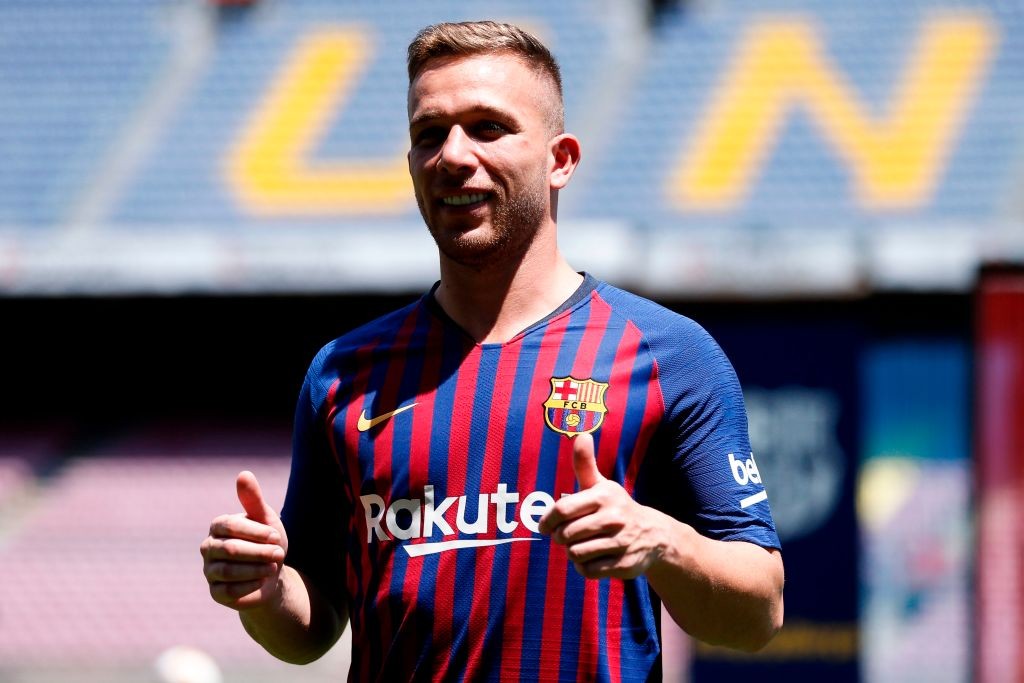
Pjanic’s best qualities, though, are taken good care of at Barcelona. Sergio Busquets and Frenkie de Jong add resistance to the press through their passes while Riqui Puig and Lionel Messi add creativity in the final third. As for free-kicks, Pjanic might have switched between the only two clubs he would not be put in charge of spot-kick duties.
Reports suggest that Pjanic did not think twice before agreeing to make the switch from Juventus to Barcelona, because it was a huge opportunity for him – a dream come true. It was a dream for Arthur as well. His biggest wish. Now unfulfilled.
